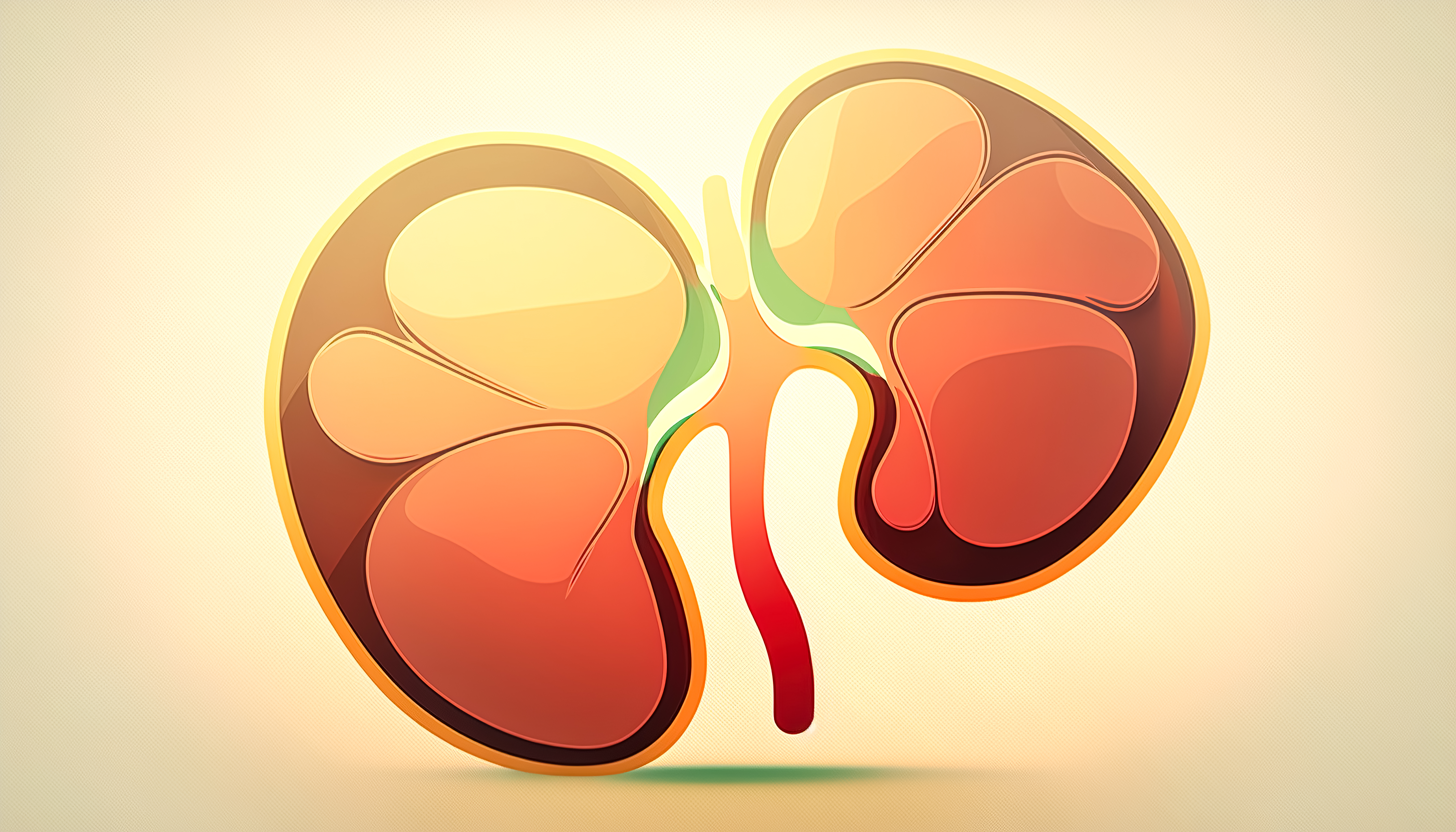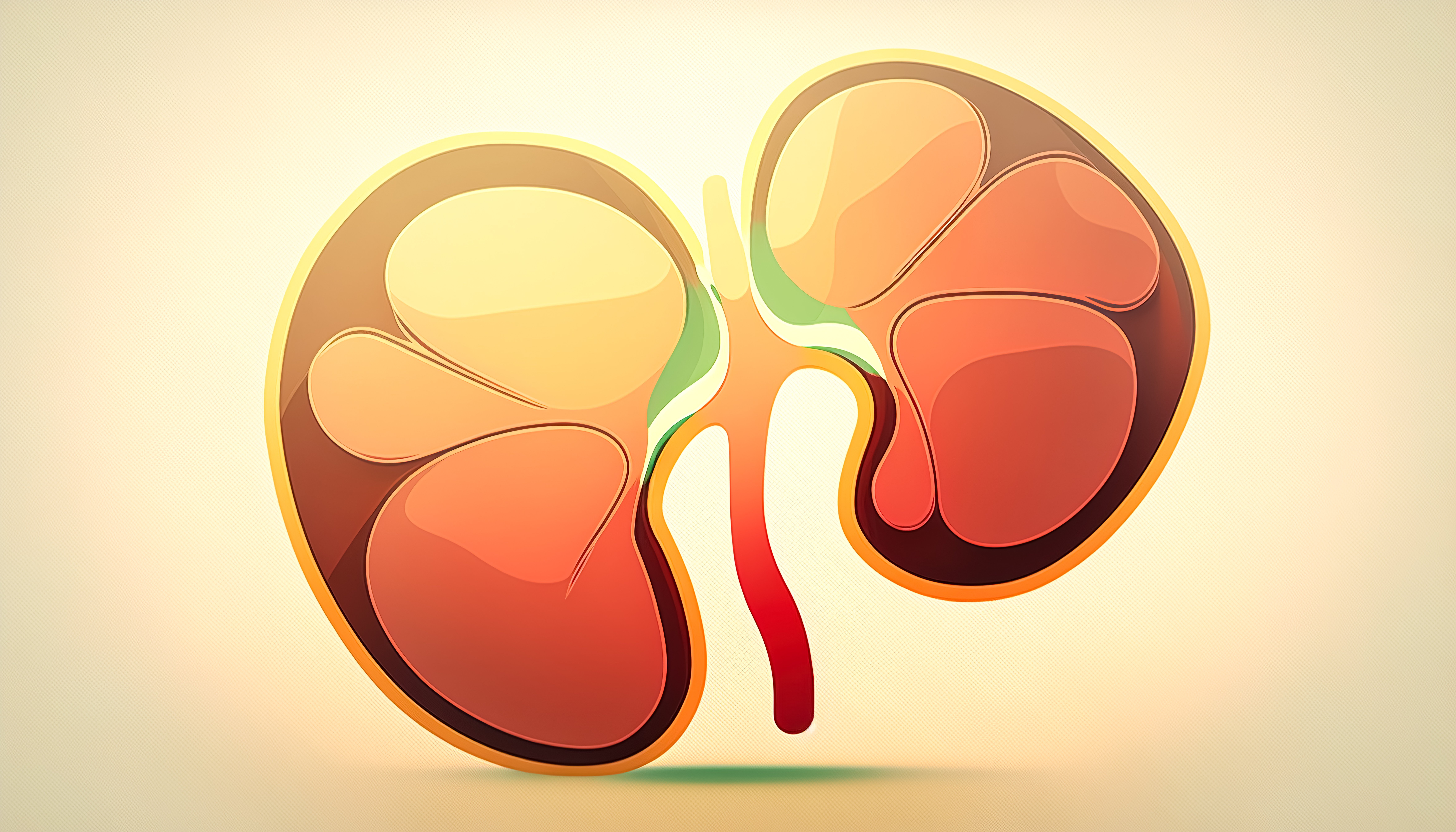
Early signs of Kidney Failure
- July 04,2023

When considering a kidney-friendly diet, it's important to focus on managing specific nutrients like protein, sodium, potassium, phosphorus, and fluids. Here are five healthy diets that are generally recommended for individuals with kidney issues:
DASH Diet (Dietary Approaches to Stop Hypertension): The DASH diet emphasizes fruits, vegetables, whole grains, and lean proteins. It's low in sodium and promotes foods that are beneficial for overall heart and kidney health. It typically includes:
Plenty of fruits and vegetables
Whole grains
Lean proteins such as poultry, fish, and legumes
Low-fat dairy products
Limited red meat, sugary beverages, and high sodium foods
Mediterranean Diet: This diet is rich in fruits, vegetables, whole grains, and healthy fats. It can be adjusted to be kidney-friendly by managing portions and making some modifications:
Plenty of fruits and vegetables
Whole grains like brown rice and whole-grain bread
Healthy fats from sources like olive oil, nuts, and avocados
Moderate consumption of fish and poultry
Limiting intake of high-sodium foods and processed meats
Plant-Based Diet: A plant-based diet can be beneficial for kidney health as it tends to be lower in phosphorus and protein. It emphasizes plant-derived protein sources and can include:
Beans and legumes
Nuts and seeds
Whole grains
Fruits and vegetables
Limited intake of animal proteins
Low-Protein Diet: For individuals with advanced kidney disease, a low-protein diet may be recommended to reduce the workload on the kidneys. However, this should be closely monitored by a healthcare professional to ensure adequate nutrition. A low-protein diet might include:
Limited high-protein foods such as meat, poultry, and fish
Substituting with plant-based protein sources like beans, lentils, and tofu
Consulting a dietitian to ensure proper intake of essential nutrients
Low-Potassium Diet: For those with kidney issues, particularly if there's difficulty in managing potassium levels, a low-potassium diet may be suggested. This typically includes:
Choosing low-potassium fruits and vegetables like apples, berries, cabbage, and green beans
Limiting high-potassium foods like bananas, oranges, potatoes, tomatoes, and dried fruits
Carefully managing portion sizes of high-potassium foods
Always consult a registered dietitian or healthcare professional before making significant changes to your diet, especially if you have kidney problems. They can provide personalized guidance based on your specific health needs and conditions.